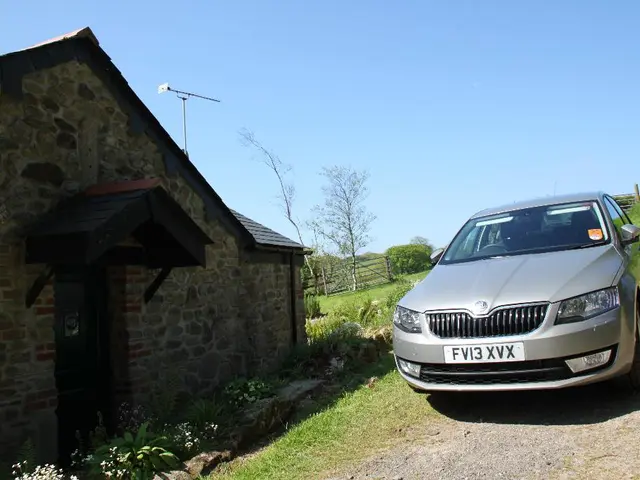Slovakia Urged to Act Now to Boost Electric Vehicle Industry
In a bid to boost Slovakia's electric vehicle (EV) industry, sector associations and organizations have urged the government to take immediate action. The call, launched on February 8, seeks to accelerate the implementation of approved electromobility programs and prevent the country from missing out on EU funds.
Initially, the government had launched a direct subsidy program in 2019 with a budget of six million euros, which concluded in 2020. However, the current pace of EV adoption is slow, with only three per cent market share compared to the European average of 14 per cent. Slovakia has around 10,000 zero-emission vehicle registrations, with projections aiming to increase this at a rate of ten per cent by 2025 and up to 39 per cent by 2030.
The signatories, including Patrik Krizansky from SEVA, Alexander Matusek from ZAP SR, Alexej Beljajev from APZD, and delegates from various Chambers of Commerce, demand legislative actions to incentivize EV development. They also urge the government to support car manufacturers and EV buyers. Local authorities have already allocated 50 million euros to expand charging infrastructure, targeting at least 3,000 new public charging points by 2026. The country risks losing 300 million euros from the Recovery and Resilience Plan if it fails to utilize these funds.
The signatories see the accelerated implementation of the Action Plan for the Development of Electromobility as an ideal opportunity for the government to support the EV industry. With the right measures, Slovakia can boost its EV market share, create jobs, and tap into the EU funds allocated for this purpose.
Read also:
- Emerging Investment Trends in China's Ethical Finance Sector for 2025
- Construction and renovation projects in Cham county granted €24.8 million focus on energy efficiency
- Colombia's Court Abolishes Local Referendums on Land Use, Sparking Mining Sector Concerns
- Trump challenged in court over halting billions in funding for electric vehicle charging infrastructure







